Ever wondered why kids aren’t the only ones hooked on games these days? Adults are joining the fun, but with a twist. They’re diving into brain games, a growing trend that’s not just about entertainment but also boosting cognitive abilities.
Brain games for adults are more than a passing fad. They’re a powerful tool that can help improve memory, speed up processing times, and enhance problem-solving skills. Whether it’s Sudoku, crosswords, or the latest app, these games are giving adults a brainy edge.
So, let’s delve into the world of brain games for adults. We’ll uncover why they’re gaining popularity and how they can make a significant difference in your everyday life. Stay tuned for an exciting journey into the mind’s playground.
Brain Games for Adults

Brain games for adults derive significance from their capacity to boost adults’ cognitive functions. Not only do they provide mental stimulation, but they also play a vital role in maintaining and improving cognitive health.
Cognitive exercises, embodied by brain games, act as necessary workouts for the mind. Reports from the National Institutes of Health indicate that adults engaged in cognitive activities potentially lower their risk of cognitive decline. Engaging in brain games places demands on multiple cognitive skills, which, in turn, leads to improved brain health. These games may include memory challenges, mental math problems, or puzzles that require strategic thinking like Sudoku, for instance. Cognitive exercises reinforce neural connections and even assist in the growth of new ones. Consequently, this fortification ensures optimal mental processing speed and efficiency.
Key Benefits of Engaging Brain Games
Brain games afford adults numerous benefits, mental enhancement being the most apparent. A study published in PLOS One in 2013 acknowledges that adults who regularly participate in brain games have sharper memories. Additionally, by challenging the brain, these games cultivate problem-solving skillsets and promote active mental processing. It’s also part of the reason why individuals who routinely engage in brain games exhibit a faster reaction time; the games essentially train the brain to process and respond quicker. Moreover, brain games bring about heightened focus and concentration, essential skills that tend to diminish with age. Conclusively, brain games serve not just for amusement, but as effective tools for cognitive wellness and maintenance among adults.
Unveiling the Best Types of Brain Games for Adults

This section delves into the most engaging types of brain games that adults can enjoy. It will discuss the cognitive benefits tied to puzzles and crosswords, electronic gaming systems, and strategy games.
Puzzles and crosswords, old-time favorites, engage the brain by promoting mental alertness. They compel the brain to connect unrelated information to form coherent solutions. For instance, The New York Times crossword routinely tests the brain’s verbal language and critical thinking skills, making it an excellent tool for mental stimulation. Defining word meanings, recalling facts from memory, and stretching vocabulary are all parts of engaging with these types of games.
Electronic Gaming Systems for Cognitive Agility

Electronic gaming systems are not solely for youngsters; adults can also greatly benefit from them. Studies, such as one from the Journal of Gerontology, have discovered a strong connection between electronic gaming and cognitive flexibility. Playing complex games such as ‘Portal 2’ and ‘Starcraft’ enhances the player’s abilities in multi-tasking, decision making, and reacting swiftly to unpredictable circumstances.
Strategy Games for Improved Problem-Solving Skills
Strategy games are potent tools for sharpening problem-solving skills. Games like chess require players to anticipate moves numerous steps ahead, fostering forward-thinking and strategic planning. Other examples include ‘Risk’ and ‘Catan,’ both of which involve building strategies in response to dynamic, ever-changing circumstances. In these contexts, players learn to adapt their strategies, improving planning, flexibility, and decision-making skills in the process.

